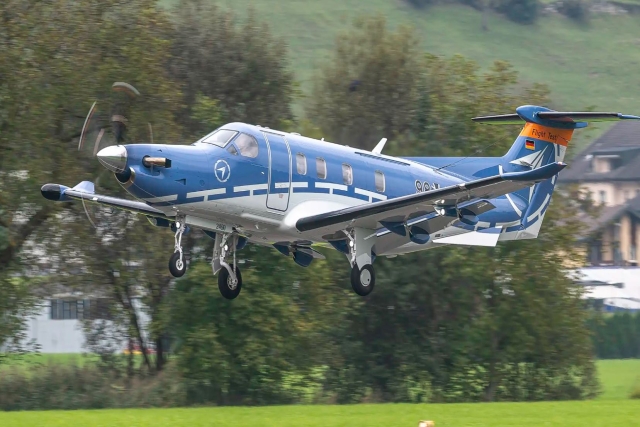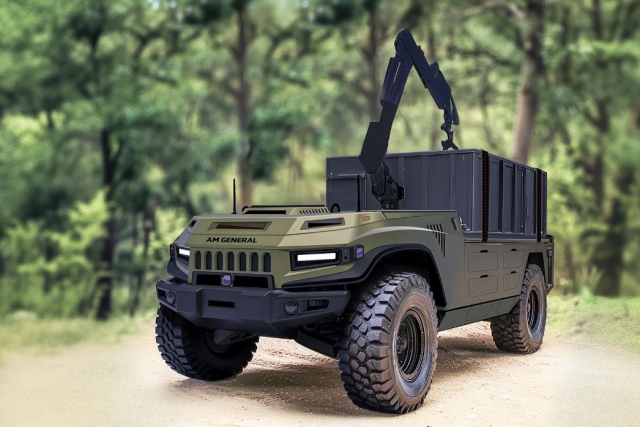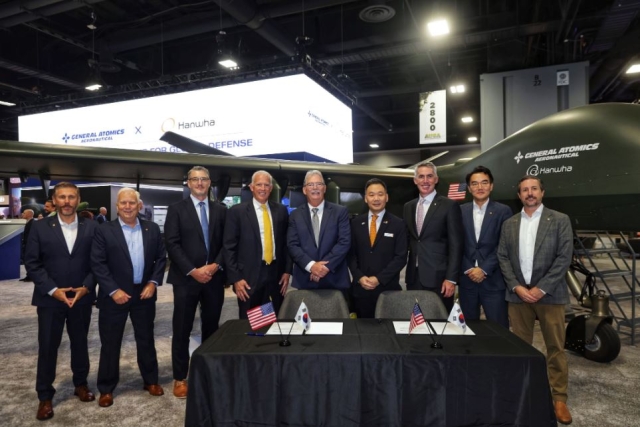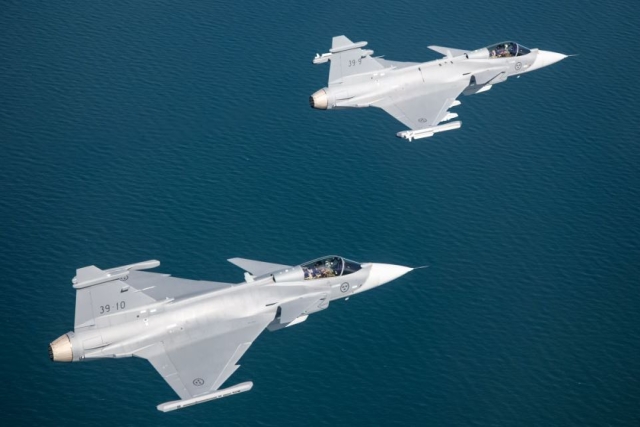Raytheon ASTOR will strengthen India's Homeland Security
US Defense major Raytheon today at Aero India 2009 offers its radar system airborne standoff radar (ASTOR) for Indian Homeland Security. India is looking forward to secure its coastline in the wake of Mumbai terror attacks. Pointing to the success achieved by the British defence ministry in operating the system, Henchey, who is here for Aero India-2009 that opened Wednesday, said he hoped to discuss its benefits with Indian officials during the five-day international air show. The ASTOR system, provides a highly effective 24-hour surveillance and target acquisition capability. It delivers wide area, all weather surveillance and reconnaissance imagery in near real time for peacekeeping, war fighting and homeland security needs, Henchey added. Raytheon, which has had a presence in India for the past 60 years, views India's new policy for procuring military hardware as an opportunity for building long term partnerships that would benefit the country economically and industrially. The offsets clause in the Defence Procurement Procedure-2008 (DPP-2008) enunciated last year mandates the reinvestment in India of 30 percent of all defence deals valued at over Rs.3 billion.
'We see it as an opportunity to pave the way for the exchange of technical know-how,' Henchey said, adding: 'We are open to joint development (of products) and are talking to a lot of people and government (about this).' Toward this, Raytheon has already signed memoranda of understanding with eight Indian companies: Tata Power, Larsen & Toubro, Godrej & Boyce, Data Patterns. Precision Electronics, Astra Microwave, and Amphenol India in the private sector and with state-owned Bharat Electronics Ltd. "We are still in discussions with these companies and therefore have not yet finalized the specifics of our agreements. Broadly speaking, we do expect the work will likely be in the areas of electronics manufacturing and defence services," said Ron Colman, Manager (Integrated Communications) at Raytheon SAS. The first of two big-ticket defence deals relates to an Indian Air Force order for 126 combat jets, with Raytheon supplying radars and missiles for the two US aircraft that are in the fray - the Boeing F/A-18 Super Hornet and the Lockheed Martin F-16IN Super Viper. The other deal, which has already been signed, relates to the purchase of eight Boeing P8I long-range maritime reconnaissance aircraft by the Indian Navy. Raytheon will provide eight AN/APY-10 radars, plus spares, for the aircraft, pending final clearance of the contract from US authorities.









